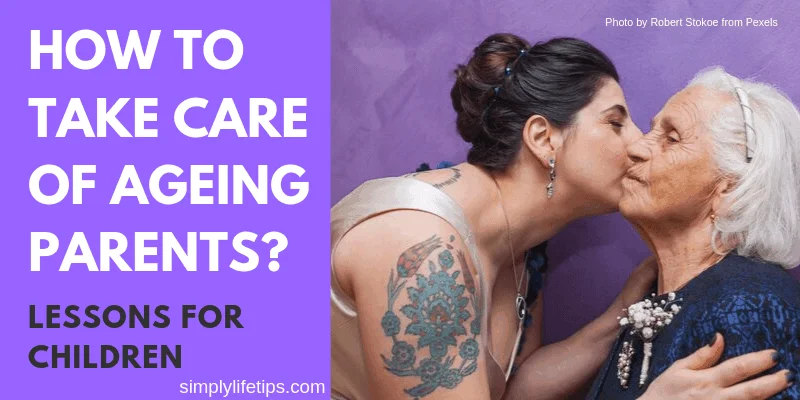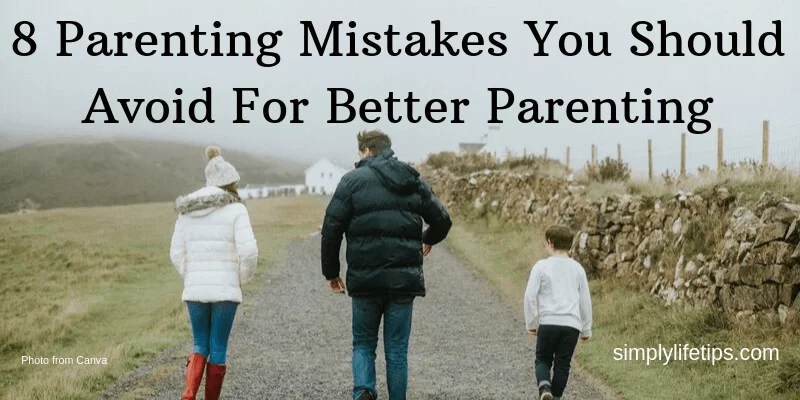Parenting is a challenging but rewarding journey. Children can push your patience to the limit, leaving even the most composed parents on the verge of yelling. However, it’s important to understand that yelling is not an effective or healthy way to communicate with your children. In this blog, we’ll explore the benefits of stopping the habit of yelling, offer tips on how to achieve this, and discuss the disadvantages of yelling at kids, with insights backed by reliable sources.
What Is Yelling At Kids?
Yelling at kids, also known as shouting or raising one’s voice at children, refers to the act of using a loud and often harsh tone while communicating with or disciplining children. Yelling typically involves expressing frustration, anger, or disapproval in a way that can be intimidating or frightening to a child. It is a form of verbal aggression that can have negative emotional and psychological effects on children.
Yelling at kids can take various forms, such as:
Yelling in anger: When parents or caregivers lose their temper and shout at children in response to their behaviour, mistakes, or disobedience.
Belittling or demeaning shouting: This involves using derogatory language or insults when speaking to children, which can be emotionally damaging.
Yelling as a disciplinary tactic: Some parents resort to yelling as a way to establish authority or to get children to comply with their instructions or rules.
Yelling as a means of venting frustration: Parents may yell as a way to release their own stress and frustration, even when children are not necessarily the cause of that frustration.
It’s important to note that yelling at kids can have harmful consequences, including damaging the parent-child relationship, causing emotional distress, and potentially teaching children that yelling is an acceptable way to communicate. Consequently, many parenting experts recommend alternative, more constructive approaches to discipline and communication with children.
Disadvantages Of Yelling At Kids
Increased Stress: Yelling can lead to elevated stress levels for both parents and children. Chronic stress has been linked to various health problems, as noted by the American Psychological Association [^4^].
Negative Emotional Impact: Yelling can lead to anxiety, depression, and low self-esteem in children, as mentioned in a study by the Journal of Marriage and Family [^5^].
Boost Self-Confidence In Children: Easy Tips For Parents
Escalation of Conflict: Yelling often escalates conflicts rather than resolving them, making it less likely to effectively address behavioural issues.
Modelling Inappropriate Behavior: Children learn by example, so yelling may teach them that aggression and anger are acceptable ways to deal with problems.
Tips For Stopping Yelling At Kids
Stay Calm And Practice Mindfulness: When you feel your frustration building, take a moment to breathe and calm yourself. Mindfulness techniques can help you stay composed in challenging situations.
The Benefits Of Mindfulness For Children: How To Practice It?
Set Clear Expectations: Communicate your expectations to your children clearly, so they understand the rules and boundaries. This helps prevent unnecessary conflicts.
Use Positive Reinforcement: Praise and reward your children for good behaviour. Positive reinforcement can be a powerful tool for encouraging desired actions.
Take Breaks: If you find yourself on the brink of yelling, it’s okay to take a break. Step away from the situation to regain composure before addressing the issue.
Seek Support: Joining a parenting group or seeking advice from a family therapist can provide valuable strategies and emotional support.
Benefits Of Stopping Yelling At Kids
Stopping the practice of yelling at children offers numerous benefits. Firstly, it fosters improved communication within the family, creating an atmosphere where children feel safe expressing themselves and their concerns. This, in turn, helps build stronger, more trusting parent-child relationships. Moreover, avoiding yelling can enhance children’s emotional well-being, reducing their levels of stress and anxiety, and promoting healthy self-esteem. Ultimately, stopping the habit of yelling paves the way for more effective, respectful, and positive parenting practices that benefit both parents and children.
Improved Communication
Yelling rarely leads to effective communication. Instead, it often causes children to shut down or become defensive. According to a study published in the Journal of Child and Family Studies [^1^], positive communication with children fosters better relationships and reduces behaviour problems.
Enhanced Emotional Well-being
Yelling can be emotionally damaging to children. It can lead to feelings of fear, anxiety, and insecurity. A comprehensive review published in the journal “Child Abuse & Neglect” [^2^] highlights the negative impact of harsh parenting practices on children’s emotional development. By avoiding yelling, you promote a more positive emotional environment, allowing your children to grow up with higher self-esteem and emotional resilience.
Improved Parent-Child Relationship
Yelling can strain the parent-child relationship. In contrast, effective communication and conflict resolution can lead to a stronger bond. A report by the American Psychological Association [^3^] suggests that positive discipline strategies like non-violent communication promote healthy parent-child relationships.
Final Thoughts
Yelling at kids is a counterproductive and potentially harmful parenting practice. By stopping this behaviour, you can enjoy the numerous benefits of improved communication, enhanced emotional well-being, and a stronger parent-child relationship. Implementing the provided tips can help you transition to a more gentle and effective parenting style, leading to healthier, happier family dynamics.
Are you a parent who frequently engages in yelling at your kids?
I appreciate your visit. I trust you found the post enjoyable.
Remember, Sharing Is Caring! Feel free to share this post on your social media and other networks to help others discover it.
References:
- Journal of Child and Family Studies
- Child Abuse & Neglect
- American Psychological Association – Positive Parenting
- American Psychological Association – Stress Effects
- Journal of Marriage and Family
Featured Image by stockking on Freepik
PVM

Mathukutty P. V. is the founder of Simply Life Tips. He is a Blogger, Content Writer, Influencer, and YouTuber. He is passionate about learning new skills. He is the Director of PokketCFO.
He lives with the notion of “SIMPLE LIVING, CREATIVE THINKING”. He Believes – “Sharing is caring.” and “Learning never ends.”



